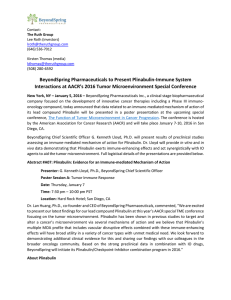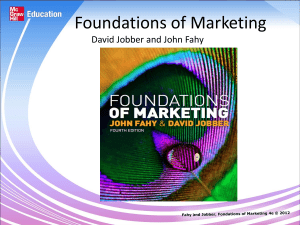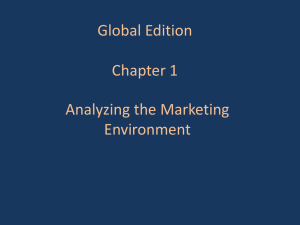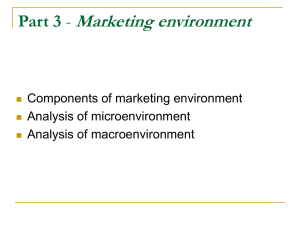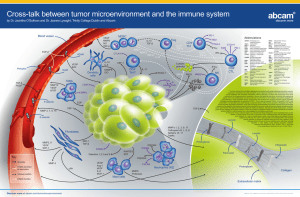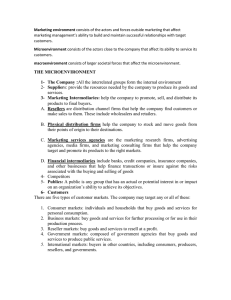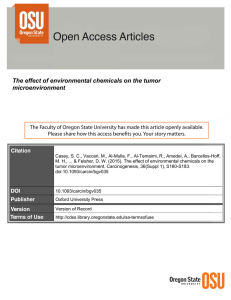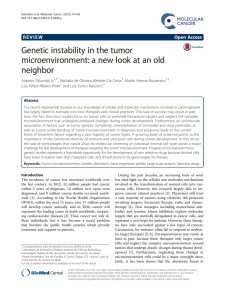Alimatou Tchafa Graduate School of Biomed Engineering, Science & Health systems – Biomedical Science
advertisement
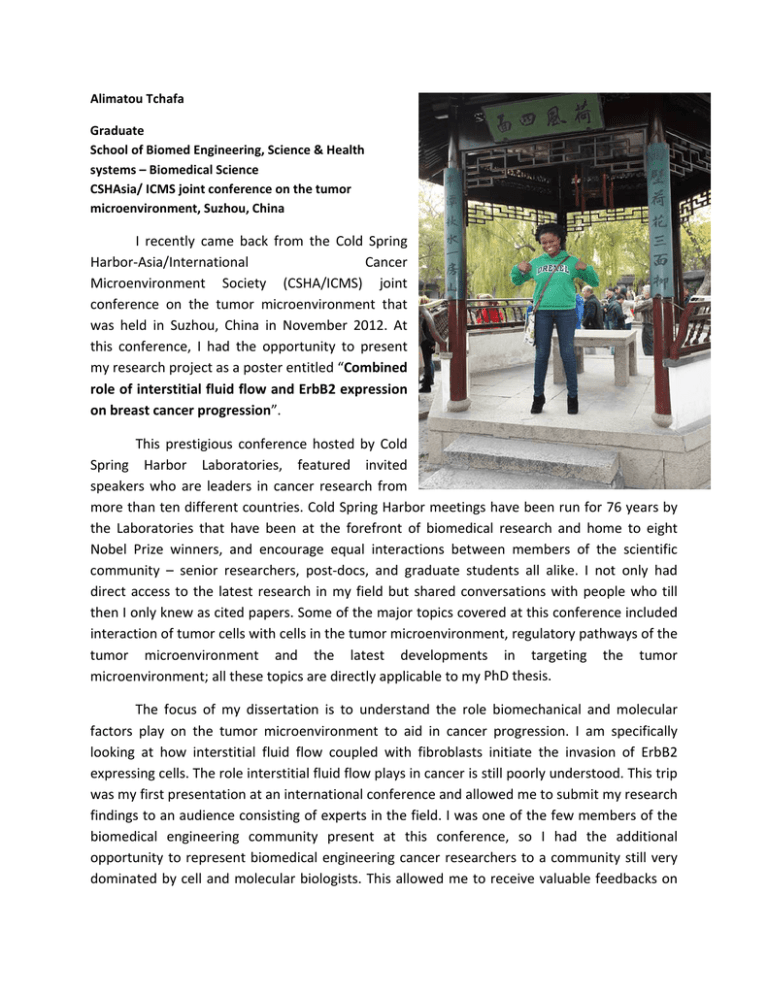
Alimatou Tchafa Graduate School of Biomed Engineering, Science & Health systems – Biomedical Science CSHAsia/ ICMS joint conference on the tumor microenvironment, Suzhou, China I recently came back from the Cold Spring Harbor‐Asia/International Cancer Microenvironment Society (CSHA/ICMS) joint conference on the tumor microenvironment that was held in Suzhou, China in November 2012. At this conference, I had the opportunity to present my research project as a poster entitled “Combined role of interstitial fluid flow and ErbB2 expression on breast cancer progression”. This prestigious conference hosted by Cold Spring Harbor Laboratories, featured invited speakers who are leaders in cancer research from more than ten different countries. Cold Spring Harbor meetings have been run for 76 years by the Laboratories that have been at the forefront of biomedical research and home to eight Nobel Prize winners, and encourage equal interactions between members of the scientific community – senior researchers, post‐docs, and graduate students all alike. I not only had direct access to the latest research in my field but shared conversations with people who till then I only knew as cited papers. Some of the major topics covered at this conference included interaction of tumor cells with cells in the tumor microenvironment, regulatory pathways of the tumor microenvironment and the latest developments in targeting the tumor microenvironment; all these topics are directly applicable to my PhD thesis. The focus of my dissertation is to understand the role biomechanical and molecular factors play on the tumor microenvironment to aid in cancer progression. I am specifically looking at how interstitial fluid flow coupled with fibroblasts initiate the invasion of ErbB2 expressing cells. The role interstitial fluid flow plays in cancer is still poorly understood. This trip was my first presentation at an international conference and allowed me to submit my research findings to an audience consisting of experts in the field. I was one of the few members of the biomedical engineering community present at this conference, so I had the additional opportunity to represent biomedical engineering cancer researchers to a community still very dominated by cell and molecular biologists. This allowed me to receive valuable feedbacks on my research originating from a perspective very different from that which I am surrounded by at Drexel University. I made new connections that may develop into future collaborations. Along with attending the conference, I visited numerous gardens, enjoyed wonderful food, and experienced different aspects of the Chinese culture in Suzhou and Shanghai. The pictures below represent just some of the few memories that this trip allowed me to have.
